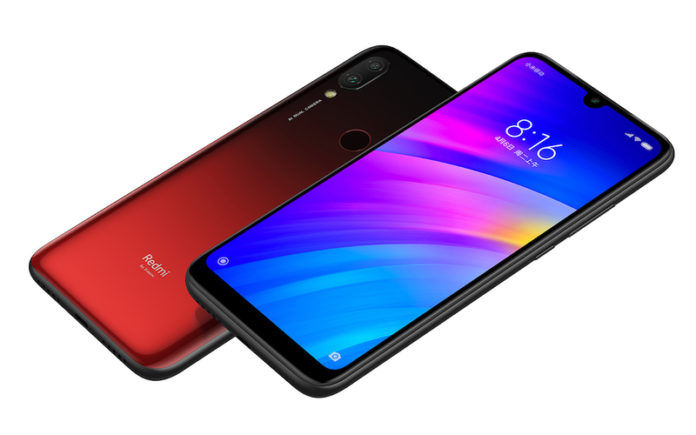The VR leader hasn't convinced the masses to buy in yet. But Facebook CEO Mark Zuckerberg is still trying.
When Facebook released its Oculus Rift headset in 2016, officially bringing virtual reality to store shelves for the first time in decades, it was the talk of the town in the tech industry. But in the three years since, CEO Mark Zuckerberg -- who said he's on a quest to get 1 billion people to use VR -- has dropped the price on its headsets a few times and declined to share any sales data on the Rift. And app developers say they're not selling enough copies of their VR programs and games to succeed.
All told, it's been near impossible to tell whether the rest of the world really cares much.
Zuckerberg is going to change that this week.
The world's largest social network is holding its Oculus Connect developers conference Wednesday and Thursday, bringing thousands of people from around the VR industry to a conference hall in San Jose, California, to discuss the future of VR.

Oculus Connect is both a trade show and a place for Facebook to announce new products.
James Martin/CNET
In the past, Facebook's used the event to show off new headsets, like in 2018, when it announced the Oculus Quest headset that offers a VR experience for $399 that's less capable than the Rift can be. Or 2017, when it showed off the Oculus Go least-capable headset for $199.
The company's also shown off new games at the event, like Lucasfilm's Vader Immortal: A Star Wars VR Series, the first episode of which was released in June.
And Zuckerberg, who pushed to buy Oculus in 2014 for more than $2 billion, has used the event to make grand pronouncements, such as that plan to have a billion people using VR -- eventually.
"This is all still early," Zuckerberg said last year, after showing off the company's then-new Quest headset.
Here are a few things it still needs to do.
Get the price right::

Even though Oculus has pushed down prices, it's still more than a video game console.
James Martin/CNET
Like it or hate it, one of the biggest barriers to VR's success is its sticker price. When the Oculus Rift launched in 2016, it was $599. For that price, you got a headset, a controller and a wire that connected it to the PC you hopefully already owned. That price has since dropped to $399 for the newer Oculus Rift S, which was released this year. But it's still a hefty price when you consider the added cost of a computer to power the headset (at least $500 more).
The Oculus Quest tries to solve some of this by offering a wireless headset with the computing brains built in, for $399. The device has received positive reviews, including from CNET's Scott Stein, who called it "the best thing I've tried this year." But its price is still up against video game consoles like the Sony PlayStation 4 and Microsoft Xbox One S and Nintendo Switch, all of which sell for $299.
The Oculus Go, at $199, offers a cheap, wireless, self-contained device as well. It's already attracted businesses like Walmart to buy in to use the low-cost device for training in HR compliance processes, customer service skills and new technologies being brought to the stores.
Improve the design::

A side view of the Oculus Rift S.
James Martin/CNET
When you strap a VR headset on your head, the screen inside is brought so close to your eyes that it tricks your brain into thinking you've been transported to spaceship where you're being hunted by an alien, to an underwater shipwreck or to a mythical cavern filled with puzzles for you to solve.
Back in the real world, though, it's less exciting. To anyone else, you're flailing around in a room while wearing a bulky headset.
One way Oculus has tried to make things better is by making it easy to "cast," or show what you're seeing in VR on a nearby TV.
The company has also said it's working on augmented reality glasses, not too different from the Microsoft HoloLens, Magic Leap Lightwear or the headset reportedly being developed by Apple. But that's likely some years off. And even then, the headsets are still big and heavy.
Bring in more content::
New games and apps are what Oculus will likely spend a bit of time discussing at its event this week. The company's got big projects in the works, including the next Vader Immortal game, an as-yet-untitled new game from Electronic Arts.
Facebook's also announced its own initiatives, such as Oculus Venues for watching real-life events, like sports games or musical performances. Oculus Spaces for hanging out with friends in VR where you can interact with their avatars, and Oculus TV for watching videos in a virtual movie theater.
The question Oculus will face isn't just what new must-have games and experiences it'll be able to offer. The company already has an app store with more than 1,300 apps, including hits like the music rhythm game Beat Saber and the robot space adventure game Lone Echo.





No comments:
Post a Comment